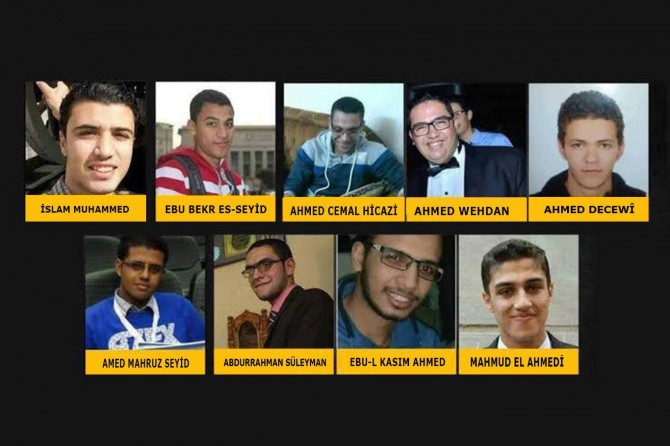
The Sisi regime turns the execution orders into massacre
While the Egyptian junta administration executed nine more young people on Wednesday, the silence of the international community, which keep harping on the concepts of human rights and democracy, did not escape attention.
Egyptian junta administration continues to execute the opponents of the coup. Nine other anti-coup men were hanged at the Istinaf Prison in Cairo on Wednesday morning.
The names of those executed are; Ahmed Vehdan, Ahmed Abul Qasım, Ahmed Jamal Hejazi, Mahmoud al-Ahmedi, Abu Bakr el-Sayyid, Abdurrahman Suleiman, Ahmed Dacvi, Ahmed Mahrus Sayyid and Islam Mohammed.
It was stated that Ahmed Taha Wahdan, who was executed, was the son of Muhammad Taha Wahdan, a member of the Guidance Office, known as the highest executive committee of the Muslim Brotherhood [Ikhwan al Muslimeen].
Among those sentenced to death, there are Mohammed Cemal Hashmet, a member of the Ikhwan Board member, and Yahya Musa, the former spokesman of the Ministry of Health, who was tried in absentia.
The death penalty for nine people was executed in the Istinaf prison in Cairo in the morning hours of Wednesday on the pretext that they involved in the killing of top prosecutor Hisham Barakat, who died in an attack with a bomb-laden vehicle in Egypt in 2015.
Merve Barakat: The convicts have no role in killing my father
In November 2018, the Egyptian Supreme Court upheld the death penalty on nine people who were tried in the bomb attack case against Barakat.
The inmates rejected the charges against them during the trial and stated that their statements were taken by torture. Hisham Barakat's daughter Marwa Barakat also claimed that the convicted persons had not played a role in the murder of her father and demanded that the executions be stopped.
The Egyptian Court of Appeal upheld the death sentence of nine young men in the assassination trial of 28 people, while ruled 15 other convicts to be sentenced to 25 years in prison.
Amnesty International had asked the junta to halt the death row. Amnesty reminded in a statement that some of the defendants were tortured to confess to the crime they did not commit during the hearing.
In a statement, Amnesty said on Tuesday that the Egyptian junta authorities must immediately halt the execution of nine prisoners whom Amnesty International has learned could be put to death as soon as tomorrow morning.
The men were convicted after an unfair trial over the 2015 killing of Egypt’s former public prosecutor, and have been moved from their prison cells to the appeals prison in preparation for their executions. During the trial, some of the defendants said they were forcibly disappeared and tortured to confess the crime.
Najia Bounaim, Amnesty International’s North Africa Campaigns Director said:
"Time is running out to save the lives of these nine men. The Egyptian authorities have an opportunity to do the right thing by immediately halting any plans to carry out these executions."
Responding to the news that Egyptian junta authorities have executed nine men convicted after a "grossly unfair" trial for the 2015 killing of the country's former Public Prosecutor, Najia Bounaim, Amnesty International’s North Africa Campaigns Director said: "By carrying out the executions of these nine men today Egypt has demonstrated an absolute disregard for the right to life."
"Systematic torture, unlawfulness and executions continue uninterrupted"
In Egypt, after the military coup in July 2013, tens of thousands of anti-coupers, including politicians, students, businessmen, and non-governmental organizations, have been arrested, and oppression and atrocities against Muslims continue to increase.
In the country where the fundamental rights and freedoms are suspended by the military coup, unjustified detentions, as well as systematic torture, unlawfulness and the most recent executions, are continuing.
The process of revolution, which began in Egypt on January 25, 2011, resulted in the coup against Muhammad Morsi, who was the first and only elected civilian president, and the country, since then, has been ruled by a Western-backed junta.
Western leaders preferred a bloody coup to an Islamic structure
The coup in Egypt was not surprised by Western capitals. Representatives of international organizations such as the EU, NATO and the UN have called only for less bloodshed in the country in the early days of the coup.
The situation in Egypt was not called a coup by westerns. In fact, they have announced since the first day that they will continue with the coupist Sisi.
The Western leaders preferred Sisi, who had seized power with a bloody coup, to an Islamic structure that came to power through elections.
In the country, groups such as Ikhwan and other political groups, who did not accept the army's seizure of power, were punished severely.
Tens of thousands of people were murdered in massacres committed by coupists; such as in "July 8, 2013 Massacre of the Republican Guardians", in "July 27, 2013 Manassa Massacre", in "August 14, 2013 Rabia Massacre", in "August 16, 2013 Ramses Square Massacre" and mass killing in Egyptian prisons.
The silence of the international community, which keep harping on the concepts of "human rights and democracy", did not escape attention.
Westerners, zionists and some Gulf countries supported Sisi
The Rabia Massacre, in particular, was a turning point in terms of human rights in Egypt. The Egyptian people have faced a more repressive regime than the dictator Mubarak on the way for more freedom. The country has become a place where human rights, fundamental rights, and freedoms are ignored.
The Sisi administration, which has taken office with the support of both Westerners and zionists as well as some Gulf countries, has continued to not adhere to the law, although numerous human rights violations have been reflected in the reports of many international human rights organizations.
Human rights violations, such as enforced disappearances and extrajudicial killings of the junta forces over the past six years, have reached unprecedented levels. To date, the criminal charges of the murders have either resulted in the decision of non-prosecution or have been imposed on some of the lower-level officials by means of false penalties. This caused the junta forces to act in a lawless and reckless manner against all Egyptians, especially anti-government groups.
Muhammad Morsi and Muhammad Badie sentenced to death
The illegitimate coup-management wanted Muslim Brotherhood [Ikhwan el Muslimeen] and other anti-coup political groups to involve into violent and reconcile them violently, and thus legitimize the violence it used against them with executions and massacres. However, the Ikhwan and other political groups did not use violence against the violence of the junta.
Since the first months of the coup, the massacres committed in front of the world became routine with heavy human rights violations such as the abduction of political opponents from their homes or the streets, forced disappearances, systematic torture and executions.
The junta management declared the "Ikhwan" a terrorist organization. Hundreds of people, including elected President Mohammad Morsi and the Muslim Brotherhood leader Mohammad Badie, were sentenced to death, thousands of people were sentenced to various prison sentences, especially life sentences.
In many cases during this period, the lawyers of the defendants were not allowed to attend the courtroom. Even if the lawyers allowed in some trials, they were prevented from asking questions to the witnesses. The statements taken under torture were accepted by the courts.
As in late executions, the statements of the defendants that they were tortured to admit the crime they did not commit were ignored or the statements of the closest eyewitnesses of the incidents were ignored.
The fact that the objection of Marwa Barakat, the daughter of former top prosecutor Hisham Barakat, who was killed in a bomb attack, to the court that those convicted people had no role in the murder of her father, and her demand to halt the executions did not prevent the execution of those 9 young people. It is once again clear that the decisions were political rather than legal.
It is estimated that between 50,000 and 70,000 political prisoners are in prison
Today it is estimated that there are between 50,000 and 70,000 political prisoners are in official and unofficial prisons and detention centers in Egypt. Systematic torture, maltreatment and extrajudicial executions continue in prisons where the basic living conditions such as food and heating are insufficient, as well as the overcrowding, lack of health services.
Prison administrations do not allow prisoners to use life materials such as basic cleaning agents, bedding and blankets. Most prisons do not have any infirmary or clinic. Prisoner's drugs are not taken in.
The inmates can only meet their lawyers while a guard standing next to them. They only can communicate with their families and relatives through methods such as telephone and behind glass. In these prisons, prisoners are tortured and extra-judicial executions have been carried out.
The most striking example was in August 2013. 37 members of the Muslim Brotherhood were killed in the vehicle when they were transferred to a prison in northern Cairo.
Despite the execution of thousands of opponents, tens of thousands of torture and rape cases, the policy of impunity continues to protect public officials. The judiciary does not act on this issue but is used to intimidate opponents.
In October 2014, a decree was promulgated that the civilian demonstrators can be tried in military courts. Some 247 people were sentenced to death only in the first year of the coup, including President Mohammad Morsi and General Muslim Brotherhood leader Muhammad Badie.
Most of the decisions were taken during the absence of the defendants and without a lawyer, while the most basic requirements of the right to a fair trial were not met.
More than 2,000 people, including hundreds of women in Egypt, are on trial for the death penalty.
According to data from Cornell Center, which is known for its activities related to prisoners sentenced to death throughout the world, more than 2,000 people are on trial in Egypt, including hundreds of women. In the country, the number of those executed in the last two months according to official figures is 15.
In Egypt, death sentences are executed by hanging. Human rights organizations accuse Egypt of heavy torture, especially during interrogation, to ensure that the detainees accept and admit the alleged crimes.
The fact, the silence of UN member states' governments and international human rights organizations on rights violations reinforces the belief that acts of rights violations in public conscience will remain unpunished and further encourages those responsible for such violations. The Sisi regime has been violating serious human rights violations as part of its pressure policies since 2013.
The world is ignoring human rights violations in Egypt
One of the factors that have influenced the junta's regime to continue its oppression policies and violations of human rights in the country is the adoption of the regime as a legitimate administration by Western countries and that these countries remain unresponsive to violations of rights in Egypt.
Many Western leaders have welcomed Sisi, the leading actor of the coup, with official ceremonies, while providing international legitimacy for the coup regime, ignoring human rights violations in Egypt.
It was also noteworthy that Sisi was congratulated by Western leaders after the so-called presidential election following elections in a non-transparent, heavy pressure environment.
Many western governments, including the president of the United States Donald Trump, French President Emmanuel Macron, Italian President Sergio Matterella, British Prime Minister Theresa May and German Chancellor Angela Merkel, have supported the legitimacy of the junta regime in Egypt.
Egyptian people have completely despaired of the junta administration
Since the military coup in the summer of 2013, the Sisi regime, which was supported by Western countries with great hopes, continues human rights violations when there is an economic downturn, social justice, and peace-building worsened social problems while compared to the Mubarak era, caused event the coup supporters to despair of the administration.
The attitude of the international public opinion, especially of Western countries, is seen as hypocrisy in the face of the overthrow of an Islamic structure that reaches power through elections when did not use violence.
ILKHA


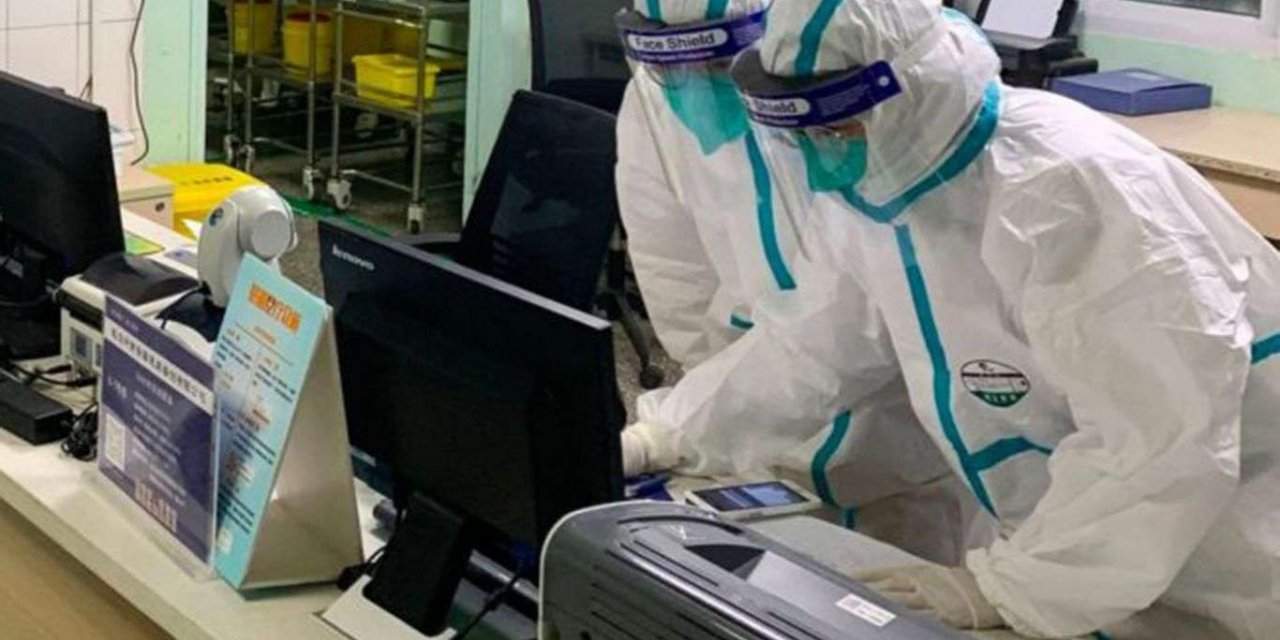
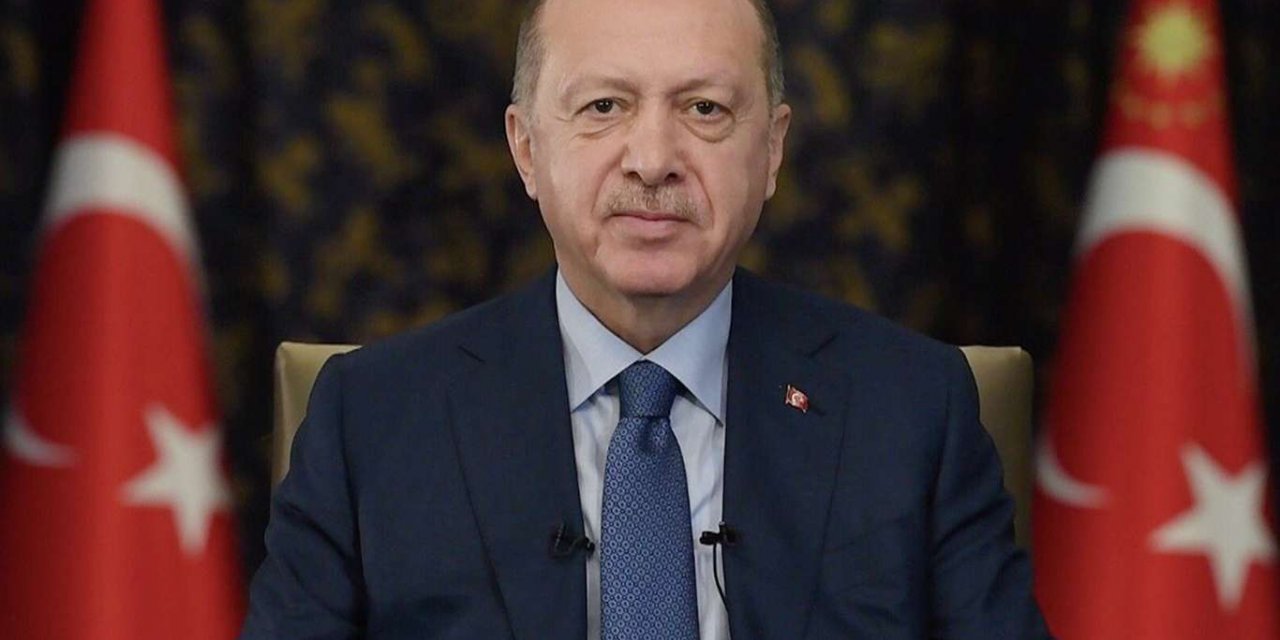

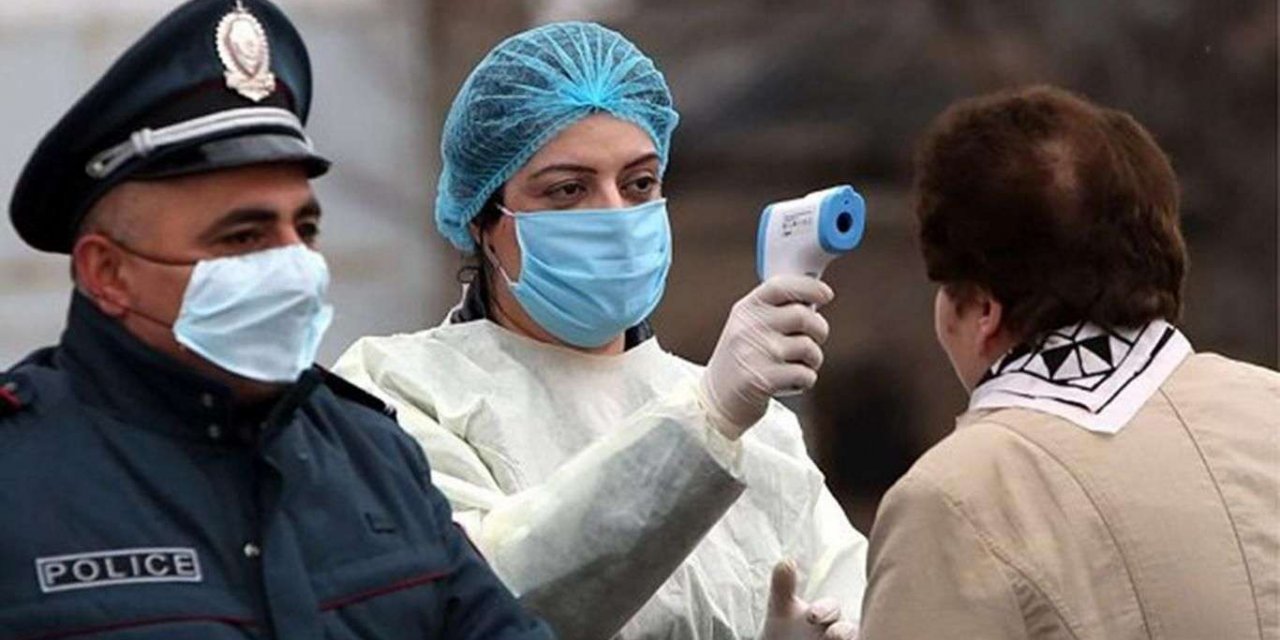
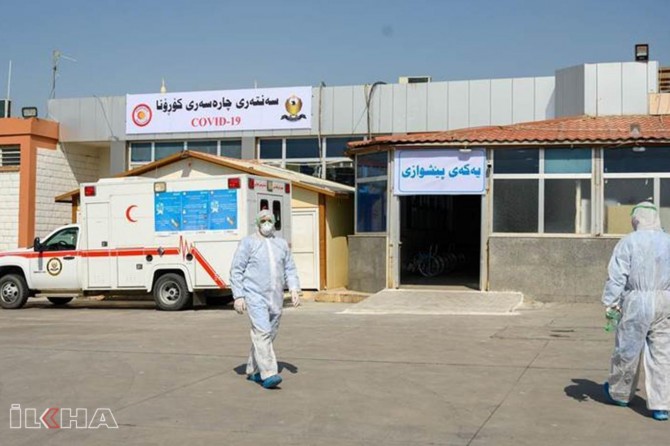
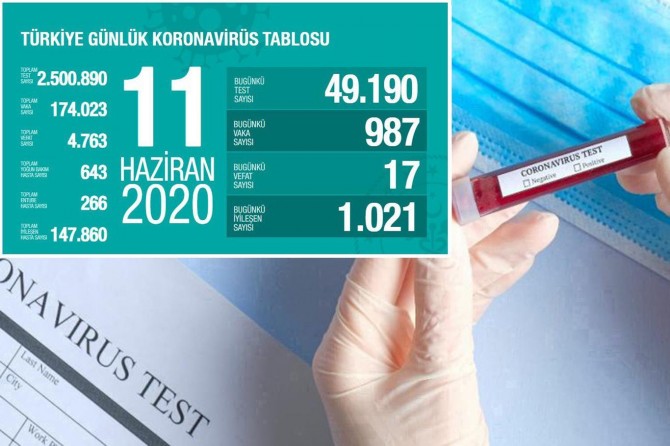
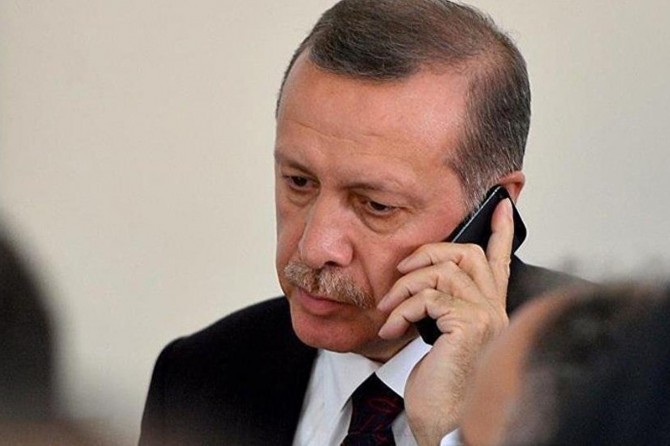
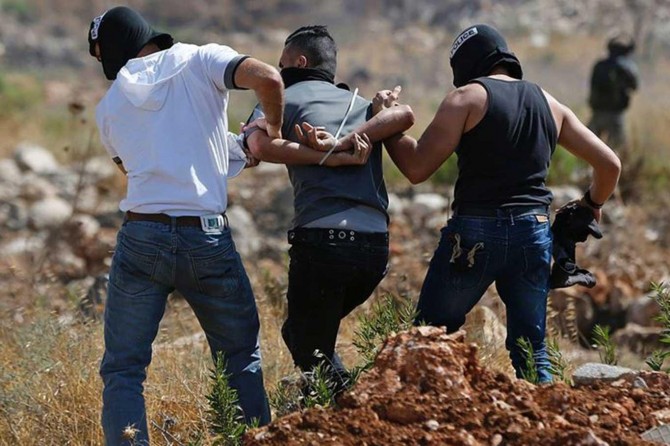
Türkçe karakter kullanılmayan ve büyük harflerle yazılmış yorumlar onaylanmamaktadır.